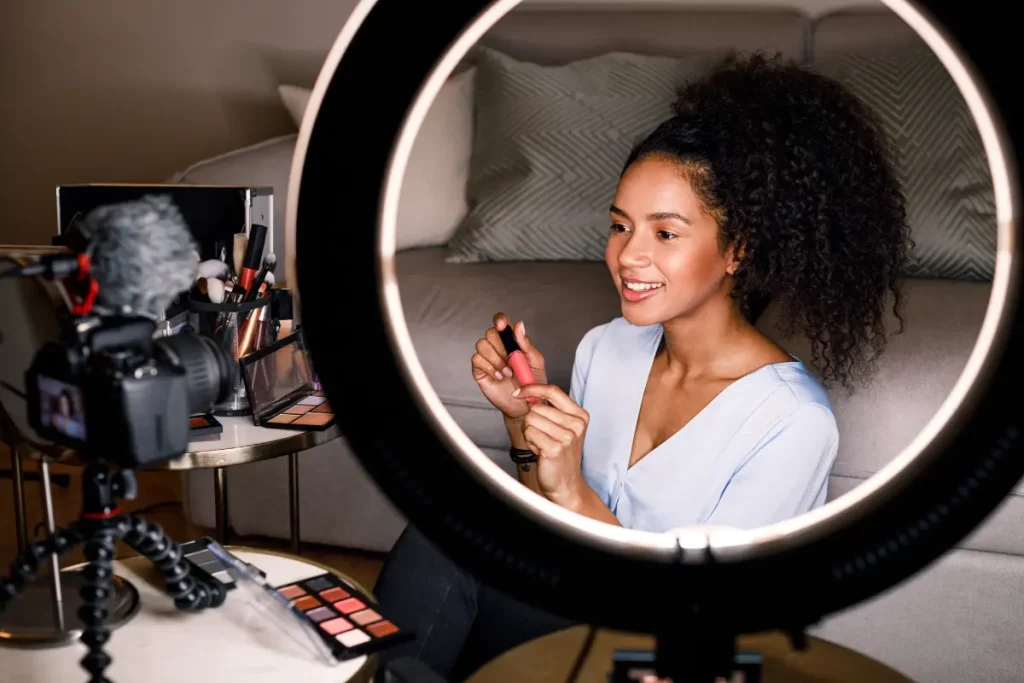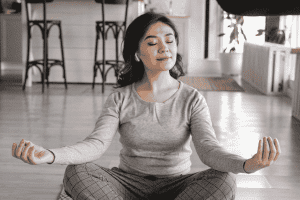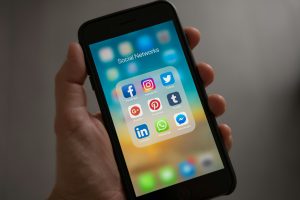For centuries, humans have sought ways to enhance their appearance, making the beauty industry a longstanding and ever-evolving sector. From ancient Egypt to today’s digital age, the quest for beauty has transformed significantly. With the rise of social media and the ‘selfie culture,’ traditional marketing strategies are becoming less effective. Beauty influencers have emerged as essential players in this new landscape, connecting brands with their audiences in authentic and meaningful ways. This article explores why beauty influencers matter in marketing and how they are shaping the beauty industry today.
Table of Contents
ToggleThe Importance of Beauty Influencers
Influencer marketing presents challenges but remains a potent strategy for beauty brands looking to build authentic connections with consumers. Brands in the beauty sector partner with influencers to enhance their credibility and foster trust among their followers.
According to a survey by Influencing Beauty from Celebrity Intelligence, 98% of beauty industry professionals believe influencer marketing is vital for success. Furthermore, brands can expect an impressive return of £8.81 for every £1 spent on influencer marketing . These statistics demonstrate the undeniable role of beauty influencers in marketing strategies.
Influencers Shaping the Beauty Landscape
Beauty influencers have transitioned from merely endorsing brands to becoming brands themselves. Notable figures like Kylie Jenner and Huda Kattan exemplify this evolution, having launched their successful beauty lines after establishing their influencer status.
Kylie Cosmetics, founded by Jenner, became a phenomenon, generating over $1 billion in sales within just 18 months of its launch . Huda Beauty, started by Kattan, has also garnered massive success, known for its innovative products and effective marketing strategies . These brands not only attract attention but also significantly influence market trends.
Rihanna’s Fenty Beauty line is another notable example. Launched in 2017, Fenty Beauty redefined inclusivity in the beauty industry, offering a diverse range of shades for all skin tones. This strategic positioning helped Fenty achieve $100 million in sales within its first 40 days . These success stories underscore how influencers drive footfall and shape consumer preferences.
Consumer-Driven Market Dynamics
Today’s consumers wield more power than ever, shaping market trends with their demands. They seek transparency and authenticity, favoring honest reviews over glossy celebrity endorsements. According to Cosmetic Design, consumers increasingly want brands with ethical credentials, desiring insight into the story behind the products and their sourcing .
This shift toward transparency is forcing brands to adapt. Research indicates that consumers are more likely to purchase products from brands that engage with their audience and share their values . As independent brands collaborate with nano and micro-influencers, they find success by connecting with niche audiences. This trend is increasingly popular among those looking to start an online business in the beauty sector.
For instance, a report by The Drum highlights that smaller influencers can generate higher engagement rates than their more prominent counterparts. This trend reflects a consumer preference for relatable figures over unattainable celebrity endorsements. The shift toward digital marketing through influencer partnerships has become essential for brands aiming to remain relevant in the beauty and cosmetics industry.
Engagement: The Heart of Influence
One of the critical reasons beauty influencers are so effective is their ability to foster engagement. Followers view influencers as relatable figures, often considering them friends who offer trustworthy insights into products.
Even when content is sponsored, influencers maintain a level of trust by clearly disclosing partnerships. Their authenticity resonates with followers, making their endorsements more impactful . For example, influencers who integrate product promotions into their everyday life while promoting a positive mindset are perceived as more genuine and trustworthy.
Moreover, influencers have expanded their focus beyond traditional demographics, catering to male consumers and reviewing products designed specifically for them. This diversification reflects the growing trend of gender inclusivity in beauty, prompting premium brands like Tom Ford and Marc Jacobs to launch men’s beauty lines .
Social media platforms serve as a bridge, allowing influencers to cultivate strong relationships with consumers. Brands looking to enhance engagement can leverage this unique connection. For instance, platforms like Instagram and TikTok enable influencers to interact directly with their followers, creating a sense of community and belonging that traditional advertising methods cannot achieve.
The Power of User-Generated Content
User-generated content (UGC) plays a vital role in influencer marketing. Consumers are increasingly sharing their experiences with products on social media, further driving engagement and authenticity. Influencers often encourage their followers to share their content, which brands can then repurpose for marketing efforts.
Brands that feature UGC in their campaigns see higher engagement rates and increased trust from potential customers . For instance, beauty brands that repost user content showcasing their products build a sense of community while promoting authenticity.
Building Long-Term Relationships
To maximize the benefits of influencer marketing, beauty brands must focus on building long-term relationships with influencers rather than opting for one-off collaborations. Long-term partnerships foster a sense of loyalty and authenticity, making the influencer’s endorsement feel more genuine to their audience.
Brands can achieve this by providing influencers with exclusive access to new products, inviting them to events, or involving them in product development. This approach helps influencers feel valued and invested in the brand’s success, ultimately leading to more authentic promotions .
For example, brands like Glossier have successfully cultivated long-term relationships with their influencers, which has contributed to their growth and reputation as a community-driven brand .
Conclusion
The beauty and cosmetic industry is evolving rapidly, driven by changing consumer expectations. Traditional marketing methods are becoming less effective, while influencer partnerships are proving to be a powerful tool for brands.
To succeed in this dynamic market, beauty brands must embrace influencer marketing as a central strategy. By connecting with the right influencers, brands can enhance their visibility and establish a genuine presence in the industry.
If you’re in the beauty sector and looking to leverage influencer partnerships, seek out influencers who resonate with your brand’s values and target audience. Together, you can create authentic and impactful marketing campaigns that engage consumers and drive success.





